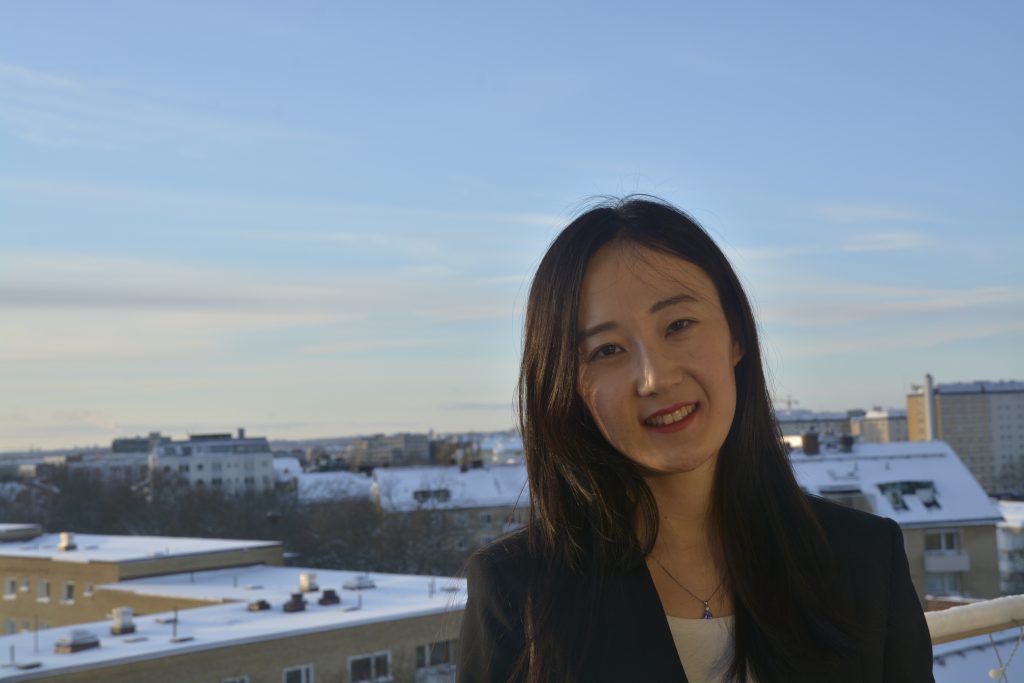“5 questions” is a series that gives you as a reader some insight into the people in and around Climate Futures. In this edition, we are joined by Xuan Li, a PhD candidate at NHH.

Can you tell us a bit about your background?
I grew up in a city called Changchun in northeastern China. I was trained as an economist. After completing my bachelor’s studies in economics at Zhejiang University, China, I moved to Sweden to study for my master, also in economics, at Uppsala University. Luckily after graduation, I was offered a job in Stockholm where I worked as a research analyst in the field of ESG investing or sustainable finance. During the job, I witnessed the growing interest of the finance sector in addressing challenges associated with climate change. This paved the way for the new chapter of my life at Climate Futures, which couldn’t have been more perfect for me to continue my journey of helping investors understand the socio-economic implications of climate change.
What is your role at NHH?
I’m currently a PhD student at NHH. The goal is to contribute to the Climate Futures project by producing academic research together with other researchers while fulfilling the requirement of PhD studies. I’m at the end of my first year now and looking forward to commencing full-time research starting next year.
In what way are you/your organisation involved in Climate Futures?
As part of the node Resilient Society, we are partnering with the Norwegian pension fund, KLP, to assess how climate change could impact the financial market. Investors have an important role to play in the transition to a green and sustainable future, but there are many questions to which we still don’t have an answer. For instance, to what extent are climate risks priced in financial assets today? What tools can investors use to facilitate a green transition? How can investors make direct capital flows into sustainable activities in an efficient way? The best way to answer these questions is through a collaboration of academics and practitioners, which is exactly the goal of Climate Futures.
What do you like best about your job?
My favourite part of the job is the freedom to explore things that haven’t been discovered yet, thanks to all the financial and intellectual support from NHH and everyone involved in Climate Futures. It is a luxury to have the opportunity to follow the deep curiosity in my heart while trying to make contributions to the biggest challenge faced by humankind nowadays. That combination is hard to come by. I try my best to enjoy every day of it.
What do you think about the possibilities that can come out of Climate Futures?
Climate Futures is quite unique in that it brings together experts from a variety of backgrounds, which I believe is the key to tackling climate change. For example, the finance sector has just begun to utilize climate predictions produced by climate scientists. The mission of our team is to build a bridge between climate science and finance. This is truly innovative and exciting. I believe this will not only open the gate to more interesting and important research questions going forward but also help guide society in these decisive times.
